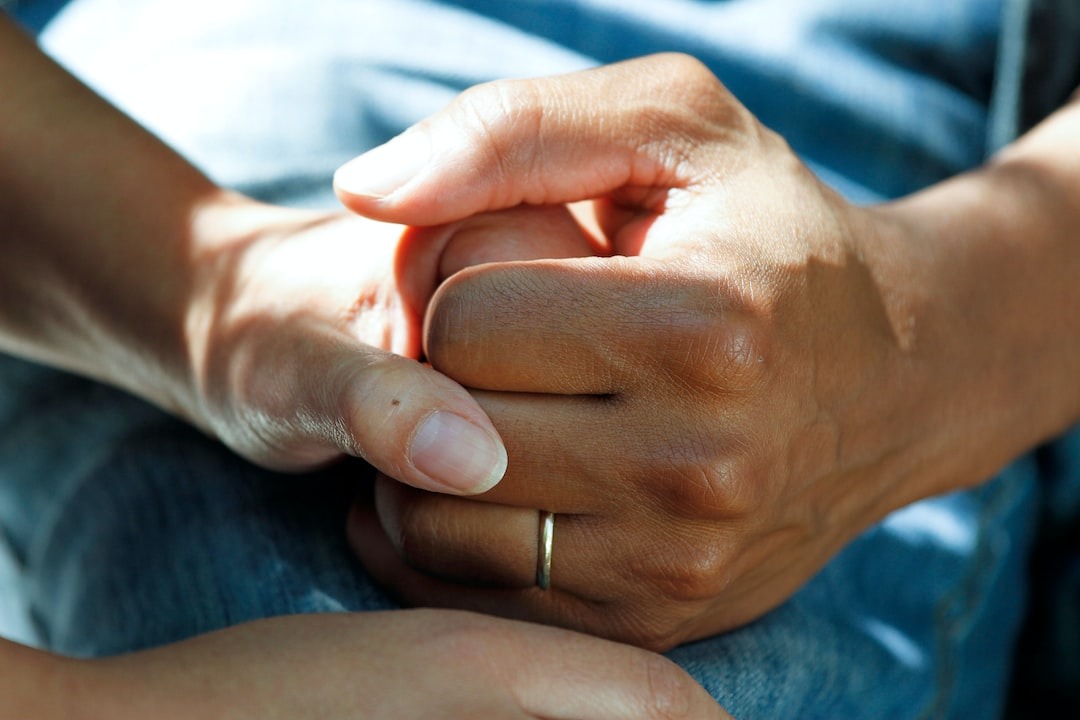
Finding effective treatment for overcoming the use of drugs or alcohol can be exceptionally complicated. Each facility offers its own approach, environment, therapies, culture, and more. At The Redpoint Center, we believe it is vital to make the crucial decision of where to begin treatment based on a person’s needs so we can best support sober change. Deconstructing financial barriers to treatment and exploring affordable options is paramount to pursuing quality treatment. At Redpoint, we offer treatment and resources to those seeking help because we believe no one should have to compromise effective treatment for the sake of affordability.
While costs associated with addiction treatment can be intimidating, it can be more costly to ignore the continued effects and development of addiction. The Redpoint Center’s Glenwood Springs treatment center location is prepared to work with each person to find affordable options to begin the journey to a sober and healthy life.
Importance of Affordable Options for Treatment
There is no replacement for dedicated, professional care when addressing the difficulties commonplace when overcoming substance use disorder (SUD.) For some, the intimidating cost of treatment can cause an individual to attempt at-home recovery efforts, often without the education or professional and peer support that is instrumental to sustained success in sobriety.
Treatment is not only crucial to develop effective coping strategies throughout outpatient care but also to tend to social needs. Effective treatment helps address mental health disorders, create personalized strategies, explore spiritual healing, and more. Building a community of peers can help those navigating the challenges of ongoing sobriety in outpatient care best focus on their continued sober efforts even when surrounded by urges, cravings, interpersonal stresses, or professional stresses that may otherwise impact a person’s sobriety.
With how essential genuine, educated outpatient care is to a truly transformative sober journey, overcoming financial barriers is paramount. The Redpoint Center is always ready to help each person explore affordable options. We use various strategies to address financial barriers to facilitate an effective and efficient approach to change.
Working With Insurances
While reworking personal budgets and spending allocations is a common first step to planning for treatment, not all people, families, or communities will be able to prioritize their budget amidst already piling bills and expenses. Having an opportunity to work with insurance can be crucial for pursuing affordable options for outpatient addiction care. The Redpoint Center offers its effective care across Colorado while also being one of the only in-network providers for most insurances.
Insurance is one of the most common affordable options to cover not just the initial cost of attending outpatient treatment but, depending on a person’s insurance plan, can also be used to cover continued therapy options or medication to best tend to a person’s individual needs and goals in treatment. Talking with insurance providers can help individuals and families understand the range of situations where in-network insurance options can provide advantages.
However, navigating the insurance world can still be complicated and intimidating. The Redpoint Center is prepared to help each person understand and navigate insurance and provides easy tools to verify insurance, further deconstructing barriers to treatment and facilitating the beginning of an effective outpatient treatment program.
Utilizing Additional Resources
However, while insurance is one of the most common and best ways to help create affordable options for treatment, each individual may also utilize other strategies in conjunction with insurance. The professionals at The Redpoint Center are equipped to help navigate these other options and prioritize the beginning of a sober life.
Adding to Affordable Options With Employee Assistance Programs
The Redpoint Center is committed to the transformative potential of outpatient treatment, blending a person’s need for treatment with new experiences and sober efforts while empowering those in recovery to continue tending to their personal lives and professional schedules. Balancing this employment with sobriety can be difficult. However, it can also offer additional advantages to create affordable options for treatment in the form of Employee Assistance Programs, or “EAPs.”
EAPs are programs through a person’s workplace that can help connect an individual to treatment options or provide a degree of counseling to help balance their need for sober change with their ongoing employment. However, not all workplaces will necessarily have an EAP, and what they cover can also vary. Discussing with each person’s workplace can help flesh out this potential option. While some may be able to provide referrals to services, others may offer a degree of financial assistance to attend treatment while still managing their professional life and employment.
Personalizing Affordable Options
There are many complexities when it comes to navigating finances and building a budget while also tending to a person’s need for treatment. However, Redpoint’s spirit of accessibility permeates each of its programs. Each person will have their own story, journey, experiences, and more. The Redpoint Center’s family-owned history and atmosphere and personal attachment to the transformative potential of Glenwood Springs, with the head of The Redpoint Center’s own facilities having first achieved their sustained sober life at the location, all work together to break down any barriers to effective treatment including financial stresses that may otherwise prevent such change.
There may still be a deluge of financial questions and concerns. However, The Redpoint Center at Glenwood Springs is always prepared to sit with each person to explore their options, in-network insurance advantages, and other strategies to help each person begin their journey to a sober life.
Finances can be extraordinarily stressful for anyone, but they should never be a reason to avoid or deny yourself effective and transformational outpatient treatment. At The Redpoint Center’s Glenwood treatment center, we are committed to helping you navigate insurance and various other options to create affordable options for truly transformational care. Overcoming addiction and mental health disorders is complicated, but The Redpoint Center’s in-network options and community dedicated to change make it a great place to balance your need for change and financial stresses. For more information on how we can help you explore affordable options for treatment, call to speak to a caring, trained staff member today at (303) 710-8496.












